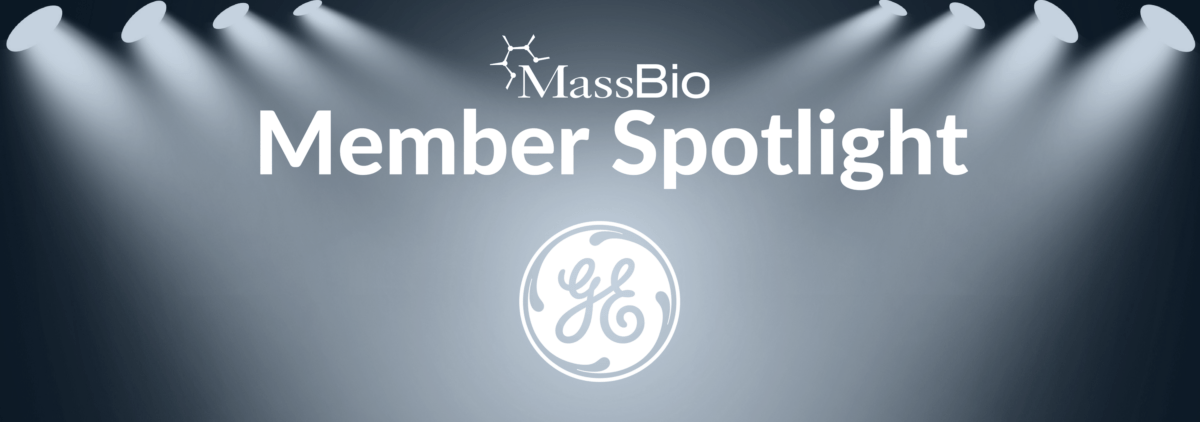
Every month, MassBio spotlights a member company and the great work they’re doing to advance the life sciences industry and support the patients we serve. This month we spoke with Mohamed Fouda, executive director at GE Healthcare Life Sciences, where he leads strategic initiatives and alliances focused on academia and pharmaceutical companies. Most recently, Mohamed executed a five-year precision cancer care partnership with Vanderbilt University Medical Center. Prior to his current role, Mohamed held a variety of commercial general management, product and operations roles in both developed and emerging markets within GE Healthcare.
Tell us about your organization and your current initiatives.

GE Healthcare Life Sciences partners with pharmaceutical companies and academic centers to enable the research and development as well as the manufacturing of innovative therapies that are contributing to advancing standard of care in major life-threatening diseases. We have a unique position and experience in the ecosystem of hospitals, clinicians and pharma/biotech and academic research thanks to our broad range of diagnostics and enabling technologies and services for therapy innovation.
How does your organization’s activities help patients now and into the future?
On top of the work that we do every day to provide healthcare providers and pharmaceutical companies with the diagnostics, technology and services needed to administer or manufacture therapies to patients around the globe, we are partnering with all the healthcare ecosystem stakeholders to help optimize patient access to innovative therapies. As an example, we have just announced an exciting 5-year partnership with Vanderbilt University Medical Center focused on making cancer immune therapies more safe and precise. Through this partnership we will co-develop multiple diagnostic tools to help predict both the efficacy of an immunotherapy treatment and its adverse effects for a specific patient before the therapy is administered. This initiative has the potential to transform cancer therapy and patient lives by allowing clinicians to more accurately predict how patients will respond to a specific therapy.
What do you see as the biggest challenge facing the life sciences industry today?
It’s hard to deem one challenge the biggest but if I must highlight only one I would highlight patient access. We as an industry have a lot of work ahead of us to commercialize new innovative therapies like cell and gene therapies. The question that comes to my mind always is how we can make these new transformative therapies accessible and affordable to a patient in Africa for example? And how can we ensure we match the right patient with the right therapy? Currently these new life sciences tools, technologies and therapies are promising but we need to work on making them more precise, safe, affordable and scalable. This is a multifaceted challenge that requires significant industry collaboration. I personally see this as a moral obligation, not only a challenge.
What’s next for your organization / what are you focused on in the coming year?
We will continue to partner with our customers to solve patient needs and deliver on our precision health vision. We are excited about the future but also humbled by the complexity and challenges that’s why we will double down on partnerships to combine our expertise and capabilities with various academic, clinical, industrial and technological partners to achieve this vision of delivering precision health.
If you’re interested in being featured in MassBio’s Member Spotlight, please see guidelines here.